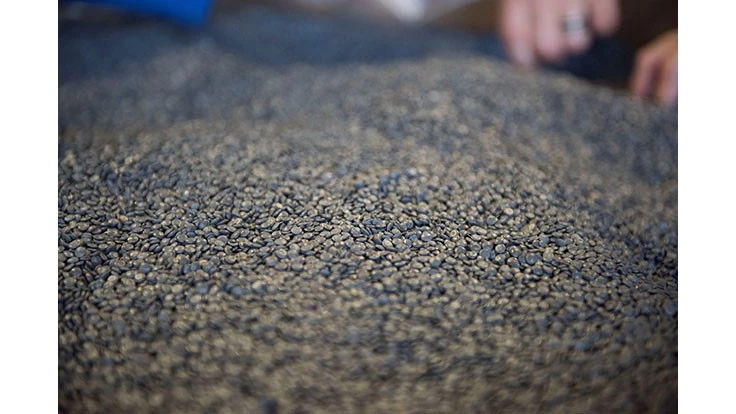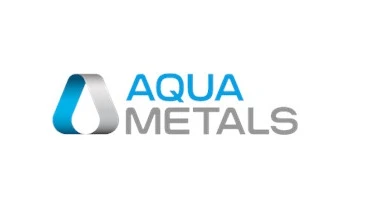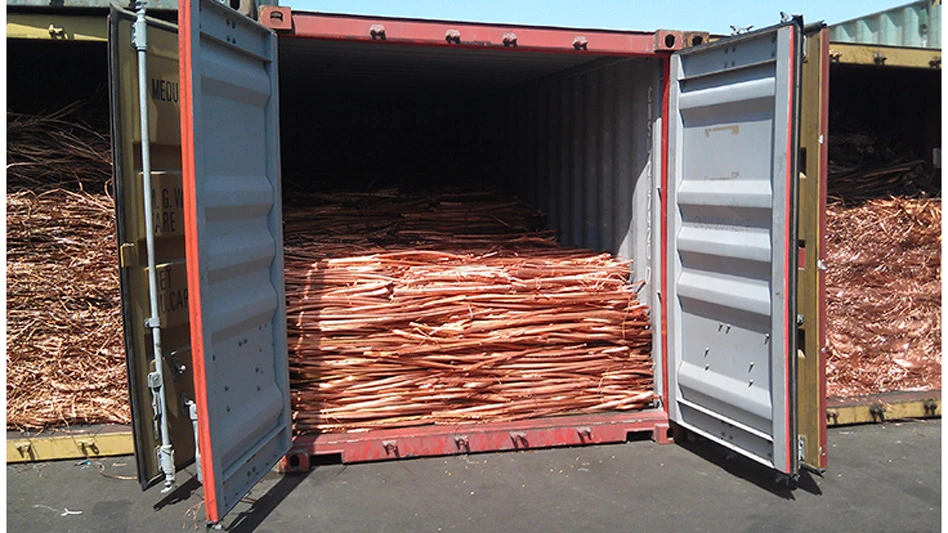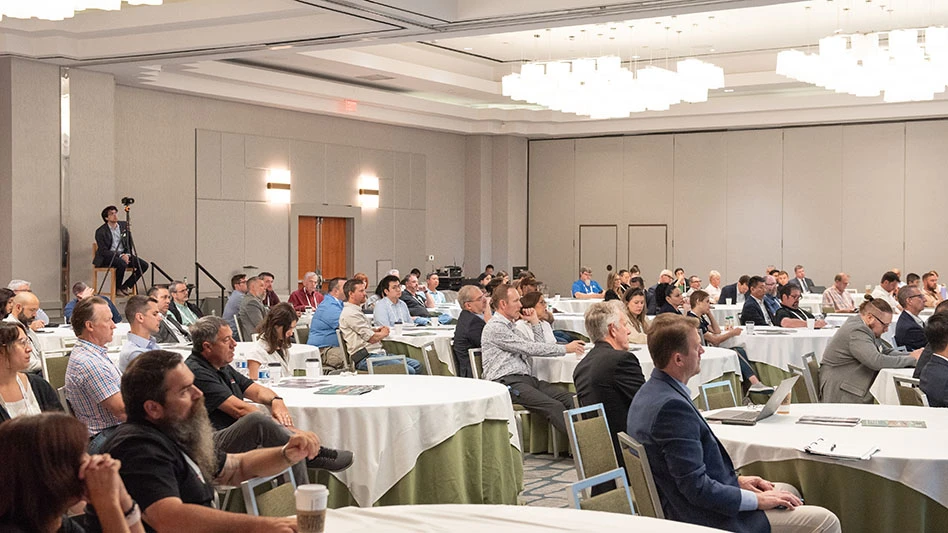
Polyethylene and polypropylene waxes by GreenMantra Technologies.
Almost 90 percent or 34 million tons of plastic scrap is sent to landfills or incinerated each year in the U.S. and Canada, yet the demand for recycled plastic is strong and growing, partly, because global brands, retailers and plastics manufacturers are committed to using more recycled plastics to make new products.
Through the recently released report “Accelerating Circular Supply Chains for Plastics,” Closed Loop Partners surveyed 60 up-and-coming technology providers in the U.S. and Canada. The report aims to identify opportunities for brands, manufacturers and industry to collaborate and invest in the companies to accelerate advanced recycling technologies, which can convert post-consumer plastic into raw materials.
Ellen Martin, vice president, impact and strategic initiatives, Closed Loop Partners, and Kate Daly, executive director, Center for the Circular Economy, Closed Loop Partners, revealed the key findings of the report, which was a culmination of "months of research and interviews," during a press call April 9.
Understanding that "plastics are everywhere" and "every sector of society is engaged today in the broader challenges of climate change and the physical problem” of plastic scrap, Closed Loop embarked on the project to “learn more about established and emerging technologies" and their potential role to transform markets and end plastic scrap in the U.S. and Canada, Daly said during the call.
“This report is the first step in an ongoing effort to shape investment strategies and infrastructure over the next 5 to 10 years," she said.
PureCycle Technologies, Chicago; Agilyx Corp., Tigard, Oregon; and GreenMantra Technologies, Brantford, Ontario, are a few of the companies that are converting different types of plastic scrap, such as polystyrene and PET, into pellets to make new products. Their processes use purification, decomposition and conversion technologies, also known in the industry as chemical recycling, that change the molecular form so "plastics can be recycled into plastics," Martin explained.
Demand for recycled plastic outweighs the supply, and the study predicts the demand for recycled plastic will increase to 5 to 7.5 million metric tons by 2030.
"The technology exists, but the question for us is how fast and how far can we go to apply these technologies in the existing infrastructure," Martin said.
She added, “Six percent of the demand for recycled plastics" is being met and "current infrastructure is limited to transform the diverse type of plastics we use today into high-value feedstock.”
The first key finding of the study is that technologies that “keep plastics at play” must be part of the solution to end plastics pollution.
Though many of the 60 technology providers surveyed are in "early stages of securing the capital they need," more than 40 are operating or will operate commercial plants in the U.S. and Canada in the next two years, the report reveals.
In addition, about 250 investors and strategic partners are engaging with the technology providers, but it became clear to Closed Loop that "there's a lot of work still to be done to address all these challenges," Daly said.
It took the 60 companies an average of 17 years to reach growth scale and "that's not fast enough given the volume of plastic waste we need to address," she added. "More investment is needed now in order to accelerate these solutions and to take it from possible to probable."
The study aims to build a road map to understand the next steps that need to be taken to accelerate the technology into today's recycling infrastructure and industry and to inform investment strategies over the next few years.
The study concludes that investments from brands, manufacturers and industry are "critical" to bring the conversion technologies to commercial scale to meet the demand, Daly said. Education and increasing awareness about the terminology around chemical recycling is also important to appeal and be "more accessible to a wider audience."
Sponsored Content
Redefining Wire Processing Standards
In nonferrous wire and cable processing, SWEED balances proven performance with ongoing innovation. From standard systems to tailored solutions, we focus on efficient recovery and practical design. By continually refining our equipment and introducing new technology, we quietly shape the industry—one advancement at a time.
The analysis also urges brands and industry to develop partnerships with technology providers to create new business models that will "match the current technologies with the existing infrastructure of plastics and petrochemical manufacturing, waste management and recycling."
"We need to stop thinking of plastics as waste and start treating it as the resource it is," Daly said.
View the full report here.
Get curated news on YOUR industry.
Enter your email to receive our newsletters.
Latest from Recycling Today
- APR, RecyClass release partnership progress report
- Clearpoint Recycling, Enviroo sign PET supply contract
- Invista expanding ISCC Plus certification program
- Redwood partnership targets recycling of medium-format batteries
- Enfinite forms Hazardous & Specialty Waste Management Council
- Combined DRS, EPR legislation introduced in Rhode Island
- Eureka Recycling starts up newly upgraded MRF
- Reconomy Close the Gap campaign highlights need for circularity










